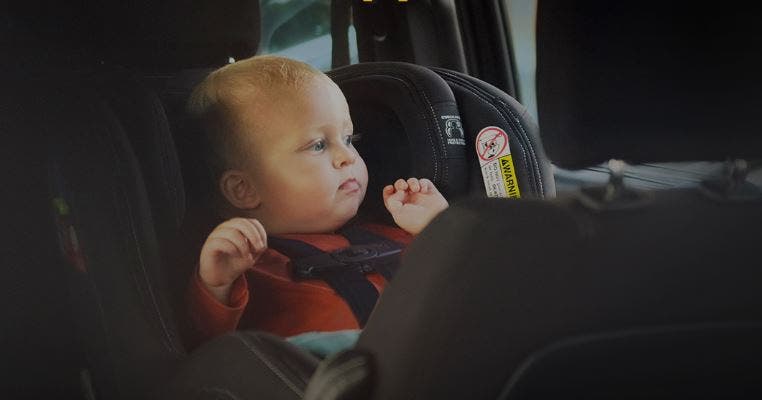Asbury Park, NJ|Local Classified|Announcement|
Be Present in the Moment to Prevent Hot Car Deaths

Over the past 25 years, more than 970 children have died of heatstroke, because they were left or became trapped in a hot car, according to National Highway Traffic Safety Administration (NHTSA). “The saddest part of this statistic is that all of these deaths were preventable,” says Harpreet Pall, M.D., MBA, CPE, chair of pediatrics, Hackensack Meridian Children’s Health K. Hovnanian Children’s Hospital at Jersey Shore University Medical Center. With 14 pediatric vehicular heatstroke deaths in the U.S. including two in New Jersey already this year, 2024 could be one of the worst years on record.
Eighty percent of the rise of temperature in a vehicle occurs within 30 minutes or less, with maximum temperatures exceeding 150℉, and interior vehicle temperatures can be 50℉ higher than the temperature outside. “Considering this, when the temperature is just 75℉, temperatures inside a vehicle can exceed 120℉,” explains Scott Smilen, M.D., FACOG, chair of Obstetrics and Gynecology, Jersey Shore University Medical Center.
Heatstroke begins when a person’s core body temperature reaches 104℉. “A child's body temperature rises three to five times faster than an adult's,” said Dr. Pall. A child can die when their body temperature reaches 107℉. “When a child or infant is left in a vehicle, their temperature can rise quickly and the situation can quickly become very dangerous,” said Dr. Smilen.
“The good news is that parents, caregivers, and in fact everyone can play an important role in preventing hot car deaths,” said Dr. Pall. People should simply follow a few guidelines to help prevent the loss of a loved one or medical emergency, including the following.
Never leave a child in a vehicle unattended for any length of time. Rolling windows down or parking in the shade does little to change the interior temperature of the vehicle.
Make it a habit to check their entire vehicle — especially the back seat — before locking the doors and walking away.
Ask childcare providers to call if your child doesn’t show up for care as expected.
Place a personal item like a purse or briefcase in the back seat, as another reminder to look before ‘you lock.’ Write a note or place a stuffed animal in the passenger's seat to remind you that a child is in the back seat.
Store car keys out of a child's reach and teach children that a vehicle is not a play area.
“We all can assist in preventing hot car deaths as well by taking a couple other steps,” said Dr. Smilen. “ Always lock your car when you aren't using it. Even if you don't have a child of your own, a child in your neighborhood could get into your unlocked vehicle. If you see a child alone in a locked car, act immediately and call 9-1-1. A child in distress due to heat should be removed from the vehicle as quickly as possible and rapidly cooled.”
U.S. News & World Report named Jersey Shore University Medical Center (JSUMC) the #4 best hospital in New Jersey, and Hackensack Meridian Children’s Health, including K. Hovnanian Children’s Hospital the #1 children’s hospital in the state, for 2024-2025. Obstetrics & Gynecology services at the academic medical center is ranked #1 in the state and #35 in the nation by U.S. News. For more information about JSUMC, visit www.hackensackmeridianhealth.org/en/locations/jersey-shore-university-medical-center. For a free physician referral, call 844-HMH-WELL.